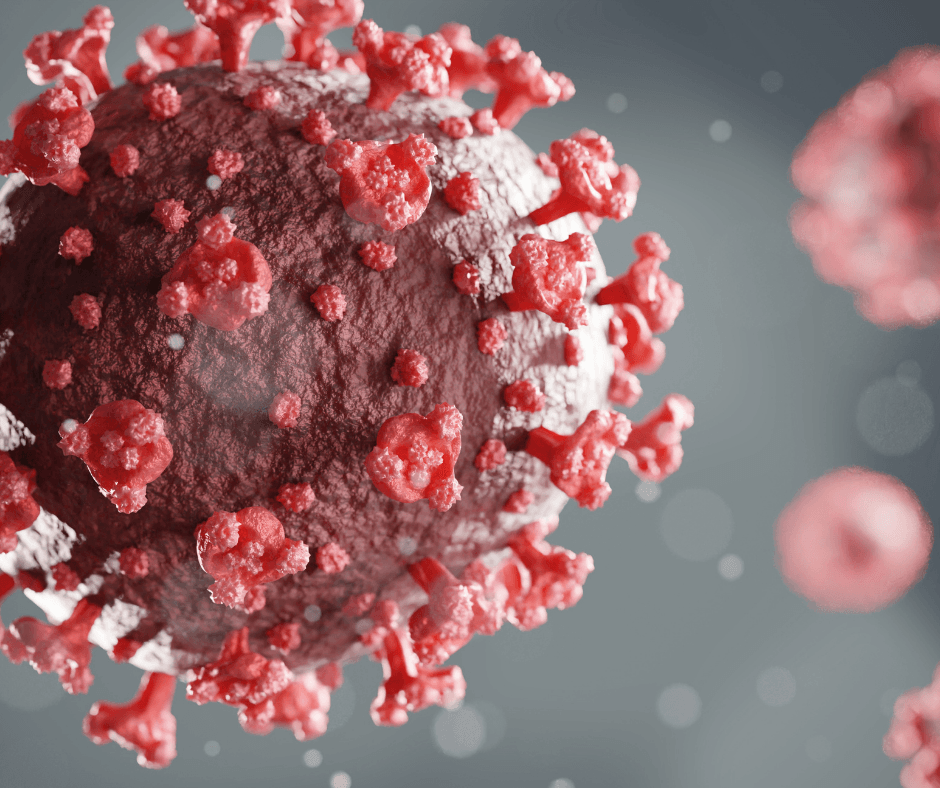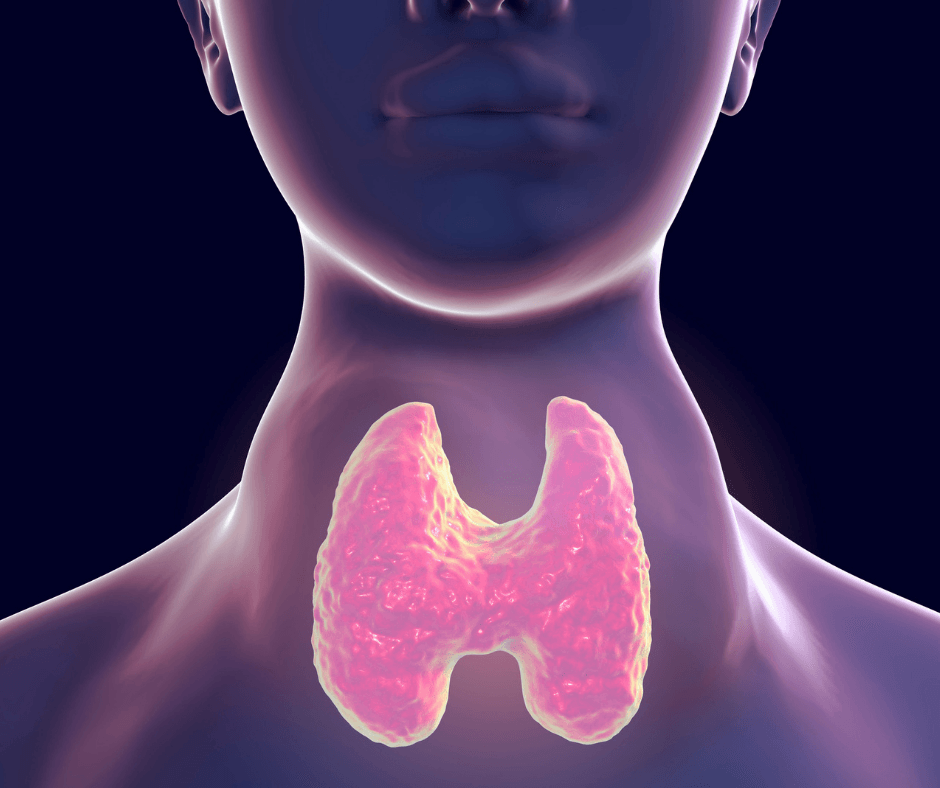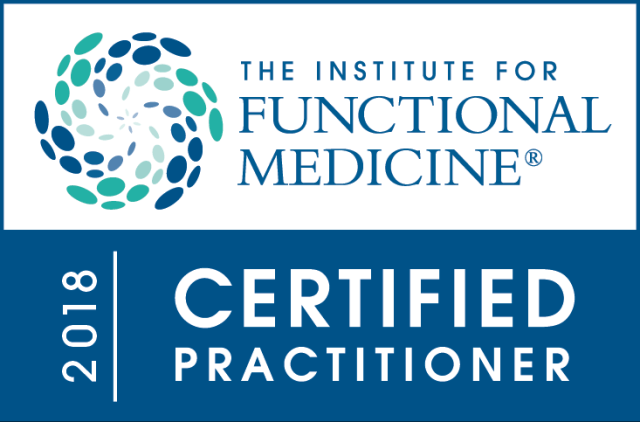mRNA COVID-19 Vaccinations

This blog is based on the research that is currently available as of 1/3/2021.
I have had a lot of questions from patients about the mRNA COVID vaccinations. First, I want to start off with you knowing where I am coming from. I spent several years as a family medicine physician and received additional training in functional medicine. My goal in life is for everyone to choose their plan of care after they know all the benefits, potential risks and side effects to anything they do! I want everyone to be able to make an informed decision about their health journey!
So here is what we know so far…
COVID-19 mRNA
(messenger RNA) vaccinations by Pfizer and Moderna both have emergency use authorization
from the FDA. First off, let me explain what emergency use authorization means: The FDA decided that the current studies and circumstances of the pandemic justify the emergency use of these vaccinations and that the benefits of the vaccine outweighs the risks. These vaccinations are a new technology for human vaccinations. All of the previous vaccinations are usually antigens such as inactivated or weak viruses.
The goal of the mRNA vaccine is to teach the human cells how to make a protein or a piece of a protein that triggers an immune response. So, in other words the mRNA is like a blueprint for the cells to follow in order to make a protein that will trigger an immune response in the body—causing antibodies to be made and protect the body from getting infected if exposed to COVID-19. The specific protein that was targeted for the COVID-19 vaccination is referred to as the spike protein.
Per the scientific studies, messenger RNA does not enter the nucleus of the cell where the body’s genetic material or DNA is kept. The cell breaks down and gets rid of the mRNA soon after it is finished using the blueprint or instructions from the mRNA.
The Specific Steps to How the COVID-19 Vaccines Work:
✅ mRNA has a lipid nanoparticle coat surrounding it to be able to enter into the human cell
✅ Once the mRNA is inside the cell, the cell uses these mRNA instructions or blueprints to make a protein piece—specifically the spike protein piece.
✅ After this protein is made, the cell breaks down the instructions and gets rid of them.
✅ Then the cell displays the protein piece on the cell’s surface and the goal is for the immune system to see that protein piece and realize that this protein piece is foreign to the human body and does not belong! The goal is for the immune system to then start an immune response to this protein and make antibodies against this protein piece.
✅ At the end of the process, the ultimate goal is for the human body to have learned how to protect against future infection.
Guess what? With any vaccine we have to rely on the immune system to do it’s job properly! So, if the immune system isn’t working properly, this process might not occur, which can be the case in some individuals who are immunocompromised.
What is in the COVID-19 vaccinations?
Moderna
COVID-19 Vaccine contains: a total lipid content of 1.93 mg (SM-102, polyethylene glycol [PEG] 2000 dimyristoyl glycerol [DMG], cholesterol, and 1,2-distearoyl-sn-glycero-3-phosphocholine [DSPC]), 0.31 mg tromethamine, 1.18 mg tromethamine hydrochloride, 0.043 mg acetic acid, 0.12 mg sodium acetate, and 43.5 mg sucrose.
Pfizer-BioNTech
COVID-19 contains: a nucleoside-modified messenger RNA (modRNA) encoding the viral spike glycoprotein (S) of SARS-CoV-2, lipids ((4-hydroxybutyl)azanediyl)bis(hexane-6,1-diyl)bis(2- hexyldecanoate), 2-[(polyethylene glycol)-2000]-N,N-ditetradecylacetamide, 1,2-distearoyl-sn- glycero-3-phosphocholine, and cholesterol), potassium chloride, monobasic potassium phosphate, sodium chloride, dibasic sodium phosphate dihydrate, and sucrose.
If someone has known allergies to PEG (polyethylene glycol) or polysorbate, they should NOT get the vaccination! Polysorbate is not an ingredient in the mRNA vaccinations, but is closely related to PEG, which is in the mRNA vaccinations.
If you have never heard of PEG or polyethylene glycol it is not a new synthetic ingredient. It can be found in skin care, other hygiene products, foods and medications.
Potential Side Effects/Adverse reactions:
Moderna
reported side effects:
- Injection site reactions (pain, tenderness, swelling of the lymph nodes in the same arm, swelling, redness
- General: fatigue, headache, muscle pain, joint pain, chills, nausea, vomiting or fever
Pfizer-BioNTech reported side effects:
- Injection site reactions: pain, swelling, redness
- General: fatigue, headache, muscle pain, chills, joint pain or fever, nausea, “feeling unwell”, swollen lymph nodes
*With any vaccination or medication there is always a potential risk for severe allergic reactions.
What ages are approved for vaccinations?
Moderna
: Individuals 18 years or older
Pfizer: Individuals 16 years or older
Mutations?
Mutations occur when an error is incorporated in the viral genome. This can cause the COVID-19 virus to look differently and/or act differently. In RNA viruses (COVID is a RNA virus), mutations can occur frequently and can occur as often as one mutation per virus genome copy.
Per the CDC, multiple mutations of the COVID-19 virus emerged leading to different variants in the fall of 2020. One of the most notable was in the UK that had several mutations including mutation in the spike protein.
Why keep track of the variant strains of COVID-19?
Some of the potential consequences of variant strains can lead to:
✅ Ability to spread more quickly
✅ Ability to cause either milder or more severe disease
✅ Can make it more difficult to detect by current diagnostic studies used
✅ Decreased susceptibility to therapeutic agents—May need to find different treatment
✅ Ability to evade natural or vaccine-induced immunity
The mRNA vaccinations for COVID-19 were made based on the spike protein. So if there are mutations to the spike protein, the spike protein is going to look different. Are our immune systems going to recognize these variant spike proteins? Is the vaccination going to be effective for the variant strains of COVID-19?
What is the time frame for when the vaccination becomes effective?
The current clinic trials with Moderna and Pfizer have tested for COVID-19 antibodies 7 days after individuals have received the second dose of the vaccinations.
Should I get the vaccination if I have an autoimmune condition?
As of 12/29/2020, per the CDC no data is available on the safety of mRNA COVID-19 vaccinations for individuals with autoimmune conditions.
What about individuals with chronic conditions?
Currently there is limited data on individuals with chronic conditions due to the small amount of participates that were in the clinic trials for the mRNA vaccinations.
As of 12/29/2020, per the CDC, people with chronic medical conditions may receive the vaccination after informed consent.
What are the other possible side effects?
Is this vaccine safe for everyone?
How long is the efficacy?
Will this work on mutated COVID-19 strains?
There are still a lot of unanswered questions. More questions will be answered as more individuals obtain the vaccinations and there is a longer time period to collect the data.
As 2020 has shown, COVID-19 can be very debilitating and deadly for some individuals. COVID-19 has put a huge burden on the wonderful, hardworking healthcare workers that are working tirelessly in the hospitals. COVID-19 for most individuals has shown to cause mild to moderate symptoms. There are also individuals that have a lot of issues after having COVID-19—the long haulers.
A lot of people have found 2020 to be a wakeup call. Taking care of yourself and keeping self care a priority is important in staying healthy and having a well balanced immune system!
References:
https://www.cdc.gov/coronavirus/2019-ncov/vaccines/different-vaccines/mrna.html
https://www.modernatx.com/covid19vaccine-eua/
https://www.fda.gov/media/144638/download
https://www.ncbi.nlm.nih.gov/books/NBK8439/
https://www.cdc.gov/coronavirus/2019-ncov/vaccines/recommendations/underlying-conditions.html
https://www.sciencedirect.com/science/article/abs/pii/S2213219818308237

Dr. Shannon's Blog











